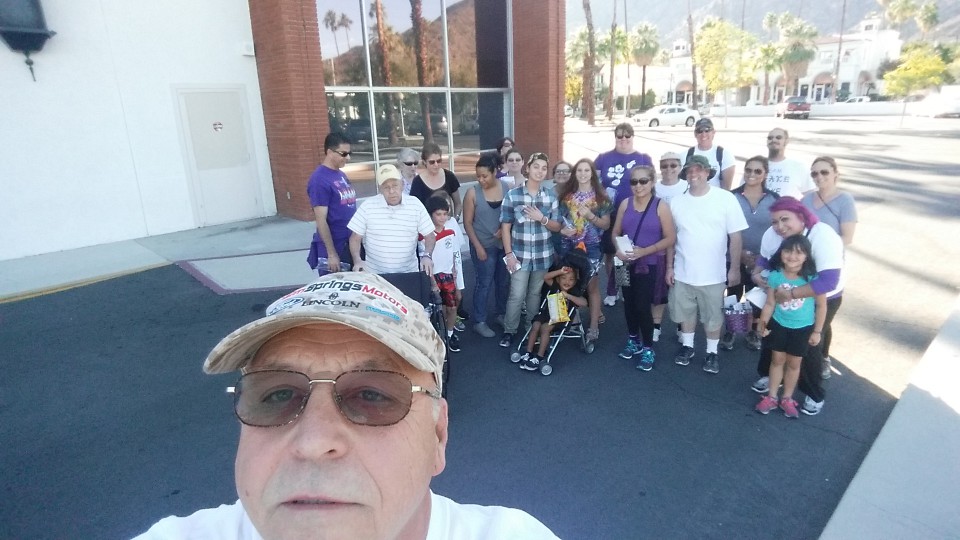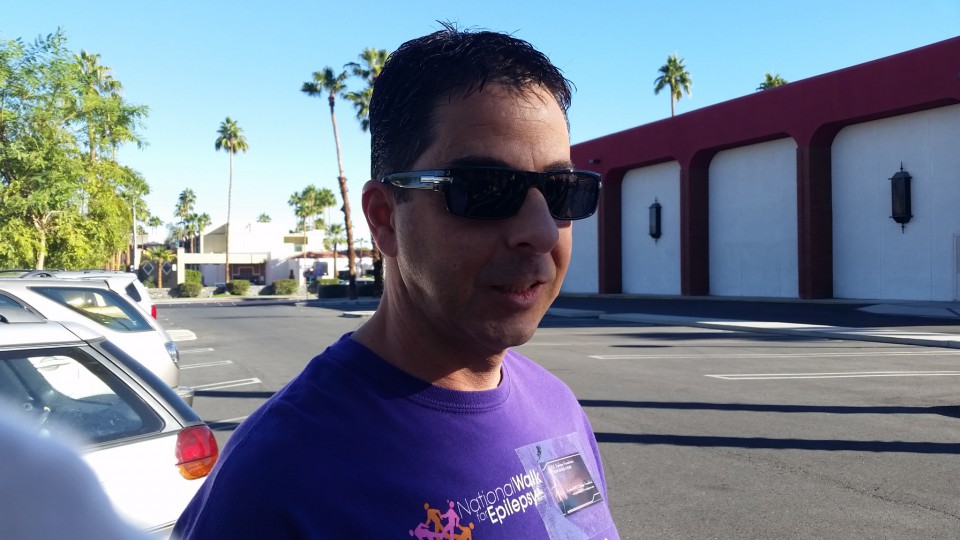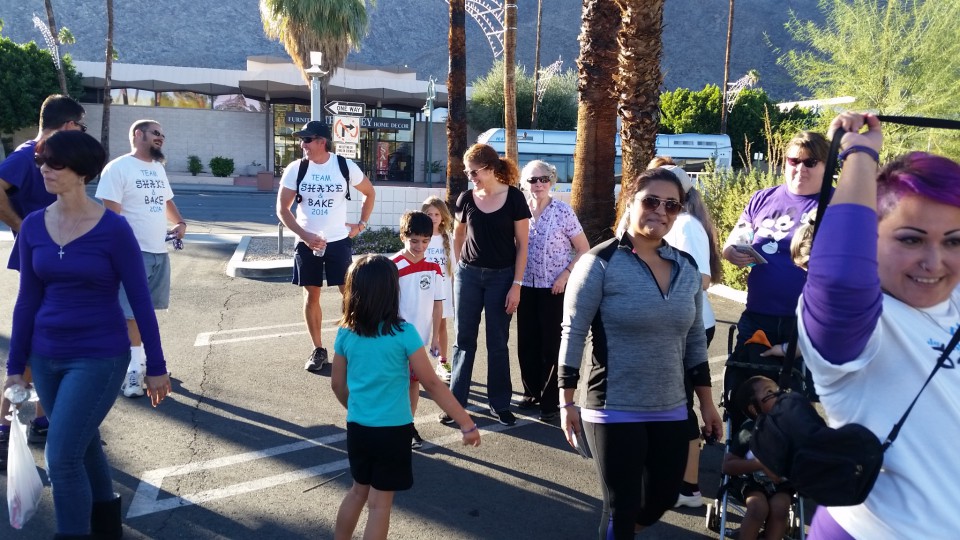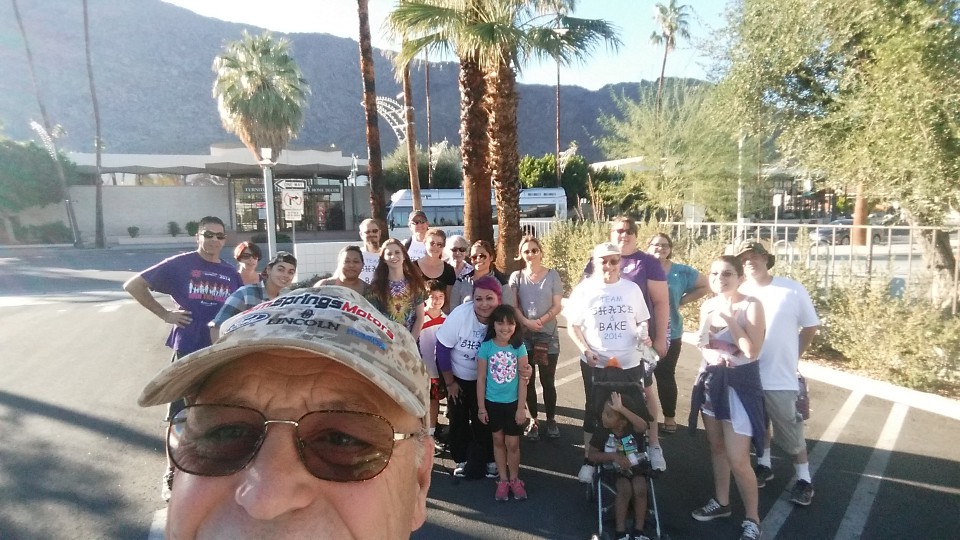Sudden Unexpected Death in Epilepsy (SUDEP)
What do people with epilepsy and caregivers know about SUDEP?
reprint–Tuesday, November 18, 2014
Sudden Unexpected Death in Epilepsy (SUDEP)
In the past few years, several studies have reported that neurologists discuss sudden unexpected death in epilepsy (SUDEP) with only a minority of their patients with epilepsy. In surveys of neurologists in the United Kingdom, Italy and North America, many respondents reported that fear of distressing their patients or caregiver was one reason they did not discuss SUDEP.
However, little is known about what people with epilepsy and caregivers already know about SUDEP and their reactions to learning about this possible, albeit rare, consequence of their disorder.
What do people with epilepsy and caregivers know about SUDEP?
In a recently published study, Kroner and colleagues performed a survey to examine SUDEP knowledge among people with epilepsy and caregivers and to understand how they learn about SUDEP. They conducted their survey with registered users and other visitors of this website (epilepsy.com) and with people with epilepsy and caregivers seen at a single busy outpatient epilepsy practice.
There were 1,299 people with epilepsy and 547 caregiver respondents to the internet-based survey and 93 people with epilepsy and 64 caregiver respondents to the clinic-based survey.
The internet-based population was more likely to have heard of SUDEP than the clinic-based population (67% vs 29% of people with epilepsy and 78.8% vs 53.1% of caregivers).
Having prior knowledge of SUDEP was more common in individuals who had more severe epilepsy (more frequent seizures, longer duration of disease) and had seen an epileptologist. While most of the individuals who had previously heard of SUDEP experienced some distress, such as fear, anxiety or sadness, when they learned about it, most respondents reported that they had wanted to be informed of SUDEP.
The majority (71%) wanted to be told regardless of their individual risk.
Few respondents (3.4%) did not want to be informed of SUDEP under any circumstance.
In general, fear of dying from epilepsy was a concern for two-thirds of people with epilepsy and caregivers surveyed.
Study conclusions
The findings of this large survey support the recommendation by the joint task force of the American Epilepsy Society and Epilepsy Foundation on SUDEP that “the potentially increased risk of death associated with epilepsy should be disclosed in the context of a comprehensive education program provided to all patients and their families and caregivers” because it is in line with the wishes of people with epilepsy and caregivers.
Reprint of ..Authored by: Daniel Friedman MD | epilepsy.com SUDEP Editor on 11/2014
For more information on SUDEP visit epilepsy foundation sudep institute




